Spirituality and Religion in Africa: Diversity and Practices
Africa, often referred to as the “cradle of humanity,” is a continent with an unparalleled depth of cultural, linguistic, and religious diversity. Its spiritual landscape is no exception. Spirituality and religion in Africa are central to understanding the life, values, and social structures of many African societies. While many people associate Africa with the major world religions like Christianity and Islam, the continent’s spiritual fabric is much more complex and intricately woven, combining indigenous beliefs, practices, and global influences. This post will explore the diversity and richness of religious practices in Africa, ranging from indigenous spiritual traditions to the impact of Christianity and Islam.
The Importance of Spirituality in African Societies
In many African cultures, spirituality is not a separate sphere of life; it is deeply interwoven with daily existence. For centuries, religion and spirituality have shaped African societies’ ways of life, influencing governance, art, health, and interpersonal relationships. There is often no strict distinction between the sacred and the secular. Every aspect of life, from birth to death, is infused with spiritual meaning, and rituals play a significant role in marking key life events such as birth, puberty, marriage, and death.
The Concept of Vital Force
A central belief in many traditional African religions is the idea of a “vital force” or spiritual energy that permeates everything in the universe—humans, animals, plants, natural elements, and even inanimate objects. This force, often associated with life and vitality, is dynamic and can be enhanced or diminished through rituals, offerings, or moral behavior. The proper relationship with the divine, ancestors, and nature is believed to maintain harmony and well-being, while neglect or disrespect of these spiritual entities can lead to misfortune, illness, or death.
Indigenous African Religions
Indigenous African religions, often referred to as African Traditional Religions (ATRs), are the spiritual practices that have been passed down through generations over millennia. These religions are not based on scriptures or written texts but are instead transmitted orally, through stories, myths, songs, and rituals. The beliefs are diverse and vary from region to region and even among different ethnic groups within the same area.
Animism and the Worship of Nature
One of the most common elements of African indigenous spirituality is animism, the belief that natural objects and phenomena—such as rivers, mountains, trees, and animals—possess a spiritual essence or soul. In many African societies, nature is revered, and there is a profound understanding of the interconnectedness of all living beings. Specific deities or spirits are often associated with natural elements, and people may offer sacrifices or perform rituals to honor these spirits, seeking their favor or protection.
In West Africa, for instance, the Yoruba people worship a pantheon of gods known as “Orishas,” who are associated with different aspects of nature and human life. In Southern Africa, the Zulu people believe in the presence of spiritual forces in natural phenomena, such as the spirit of the ancestors residing in animals or natural landscapes.
Ancestor Worship
Ancestor worship is another central feature of many African traditional religions. Ancestors, believed to continue existing in the spiritual realm, are thought to have the power to influence the lives of the living. They are revered and consulted for guidance, protection, and blessings. In return, the living are expected to honor their ancestors through rituals, offerings, and prayers.
This belief in the continuous presence of ancestors reflects the deep respect for elders and the concept of family and community in African cultures. Ancestors are often seen as mediators between the living and the higher spiritual powers, such as gods or deities.
Rituals, Sacrifices, and Divination
Rituals are a crucial aspect of African indigenous religions, performed for various purposes, including healing, protecting against harm, ensuring good harvests, or resolving conflicts. Sacrifices, usually in the form of food, drink, or animals, are common and are seen as a way to maintain balance between the physical and spiritual worlds.
Divination is another key practice in many African societies. Diviners, often referred to as shamans or medicine men, play an essential role in the community by interpreting signs, communicating with the spirit world, and offering solutions to personal or communal problems. They may use various methods, such as casting bones or reading patterns in nature, to gain insights into the future or the spiritual realm.
The Spread of Christianity in Africa
Christianity has had a significant influence on Africa, especially since the 19th century when European missionaries arrived en masse as part of the colonial expansion. However, Christianity’s presence in Africa dates back much earlier, to the 1st century AD, particularly in North Africa. The establishment of the Coptic Church in Egypt and the Ethiopian Orthodox Church are examples of early Christian communities in Africa.
Early Christianity in Africa
Christianity’s arrival in Africa is traditionally associated with the story of the Ethiopian eunuch, mentioned in the New Testament’s Book of Acts, who was converted by Philip the Evangelist. This is often regarded as one of the earliest recorded instances of Christian conversion in sub-Saharan Africa. The Ethiopian Orthodox Church, founded in the 4th century, remains one of the oldest Christian denominations in the world.
The Coptic Church in Egypt, another ancient Christian institution, traces its origins to the Apostle Mark and played a significant role in early Christian theology and philosophy. Coptic Christianity developed distinct traditions, including its own language, liturgical practices, and iconography, which continue to influence Christian communities in North Africa.
Missionary Activity and Colonialism
The 19th and early 20th centuries saw a surge in missionary activity across Africa, driven by European powers during the era of colonization. Christian missionaries sought to “civilize” Africans through conversion, often working hand-in-hand with colonial governments. The spread of Christianity during this period often involved the suppression or marginalization of indigenous African religions, which were frequently labeled as “pagan” or “heathen” by missionaries.
While Christianity brought significant changes to African societies, it also adapted to local cultures and practices. In many parts of Africa, syncretic forms of Christianity emerged, blending Christian teachings with indigenous beliefs. This blending allowed Christianity to become more relevant and meaningful to African communities, incorporating traditional music, dance, and languages into Christian worship.
The Rise of African Independent Churches
In response to European control over mission churches and the imposition of Western cultural norms, African Independent Churches (AICs) began to emerge in the late 19th and early 20th centuries. These churches were founded by African leaders who sought to reclaim religious autonomy and integrate African customs into their Christian practices.
The AICs, which include movements like the Zion Christian Church and the Kimbanguist Church, emphasize healing, prophecy, and charismatic worship. These churches are deeply rooted in African spirituality and offer a more culturally resonant form of Christianity for many Africans, blending biblical teachings with traditional African rituals and beliefs.
Islam in Africa
Islam’s presence in Africa dates back to the 7th century, soon after the death of the Prophet Muhammad. The religion spread through North Africa via trade routes and later moved into West and East Africa. Today, Islam is the predominant religion in much of North Africa and is also widespread in West Africa, East Africa, and parts of the Horn of Africa.
The Spread of Islam
Islam first arrived in Africa through the Arabian Peninsula and quickly spread along the Mediterranean coast. By the 8th century, Islamic influence had reached as far west as Morocco and as far east as the Swahili Coast. Merchants, traders, and scholars were instrumental in spreading the religion further into the continent, especially along the trans-Saharan trade routes that connected West Africa to North Africa and the Middle East.
Islam was often adopted by African rulers and elites as a way to strengthen trade connections with the Islamic world and to access Islamic knowledge and scholarship. In places like Mali and Songhai, Islamic empires flourished, and cities like Timbuktu became renowned centers of Islamic learning.
Sufism and Mysticism in African Islam
Sufism, the mystical branch of Islam, has had a profound impact on African Islam, particularly in West and East Africa. Sufi orders, or “tariqas,” emphasize a personal, experiential relationship with God, often through rituals such as chanting, dancing, and meditation. These orders were instrumental in spreading Islam in rural areas and among common people, as they offered a form of spirituality that resonated with African traditions of ancestor veneration and mysticism.
In countries like Senegal and Sudan, Sufi brotherhoods such as the Tijaniyya and the Qadiriyya have played significant religious, social, and political roles. Sufi leaders, or “sheikhs,” are revered as spiritual guides, and their tombs are often sites of pilgrimage for Muslims seeking blessings and spiritual guidance.
The Role of Islam in Contemporary African Society
Today, Islam continues to shape the political, social, and cultural life of many African countries. In places like Nigeria, Sudan, and Somalia, there are tensions between Islamic groups and secular governments, leading to debates about the role of Sharia law in modern African states. However, in many regions, Islam coexists peacefully with other religions, particularly in countries like Tanzania and Senegal, where interfaith dialogue and tolerance are emphasized.
Syncretism and Religious Pluralism
One of the most fascinating aspects of spirituality in Africa is the way different religious traditions coexist and influence one another. Many Africans practice a form of religious pluralism, where they may follow both indigenous spiritual practices and one of the major world religions, such as Christianity or Islam
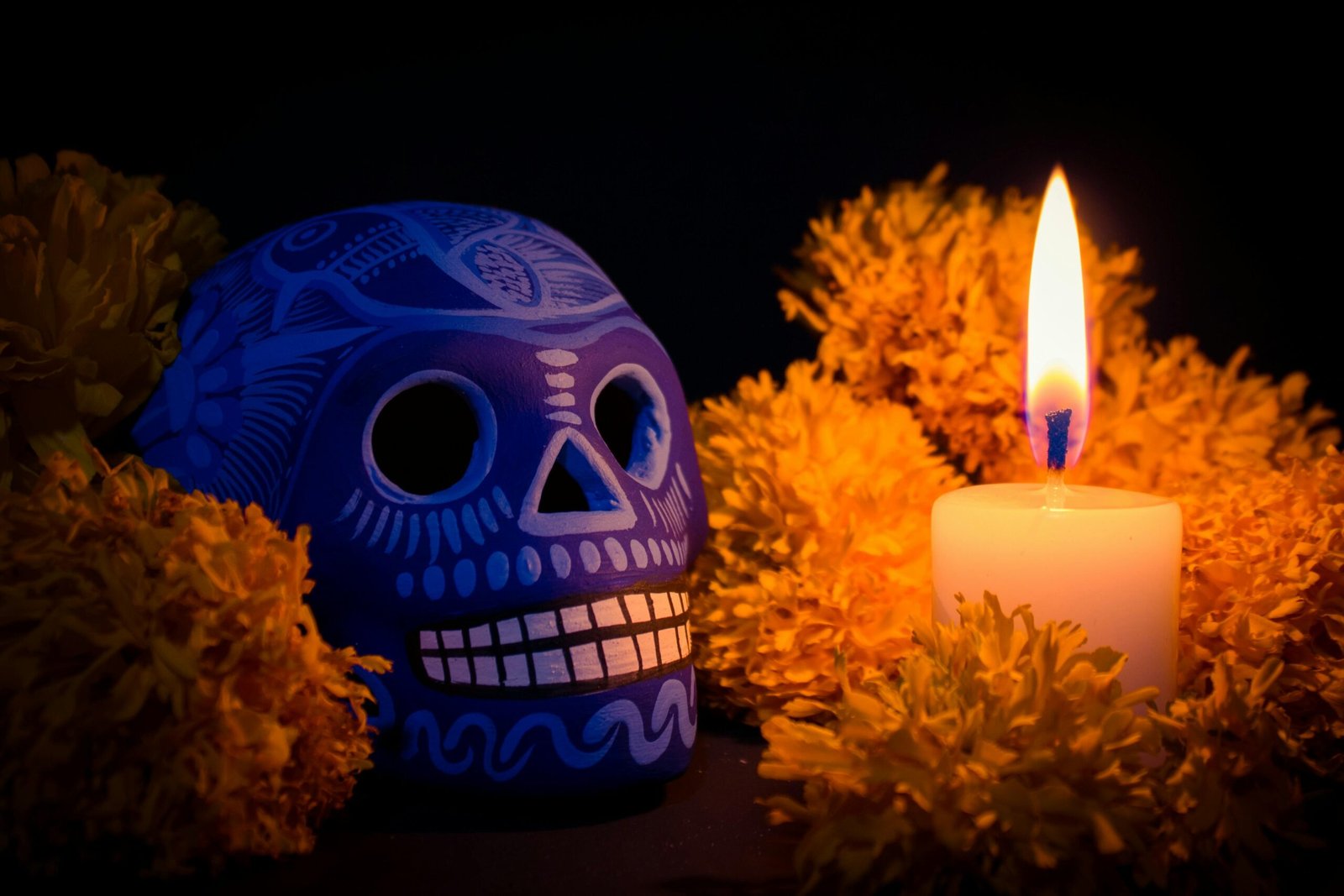
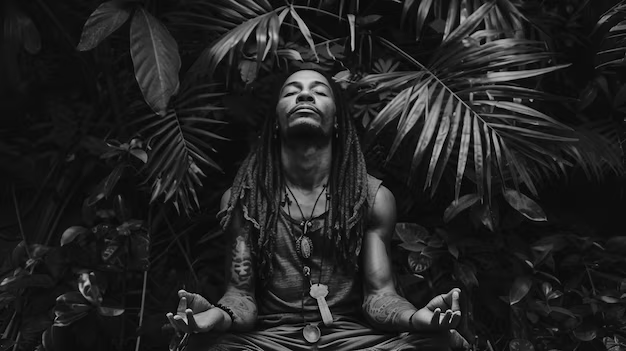
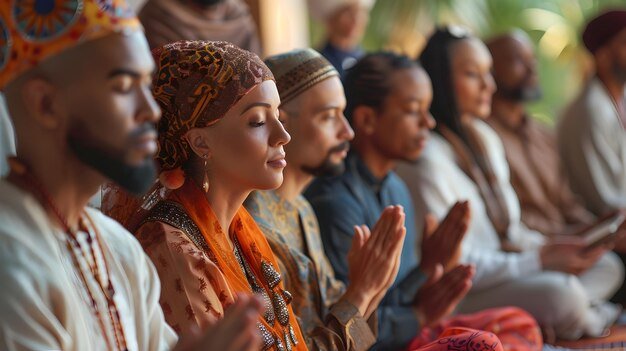
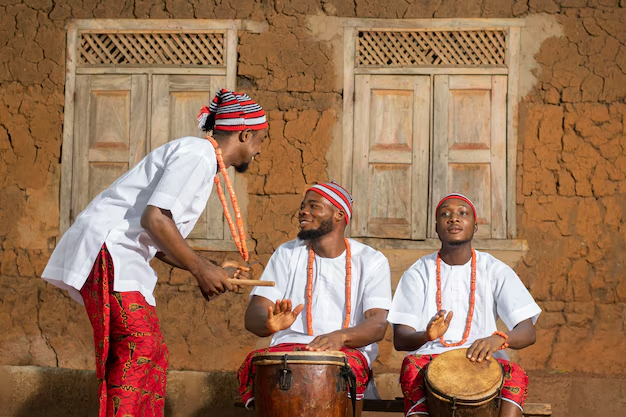



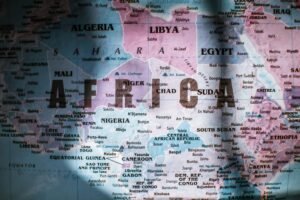
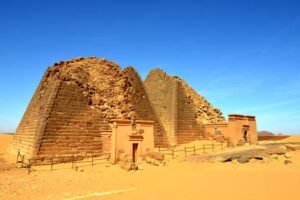
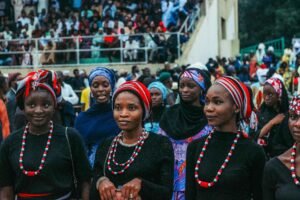

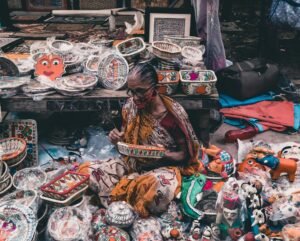


Publicar comentário